Great Things Happen to Those Who Swim

GIPHY
Swimming has been around for ages as it was created by man to survive. No wonder, as seawater covers 71% of the entire Earth’s surface. Nowadays, swimming is a way of exercising the body and mind, discovering sea creatures through scuba diving and relaxing during the holidays. Some people take it very seriously for example, Diana Nyad, the first person to swim from Cuba to Florida! I will first take you through the benefits of swimming and then I’ll explain how you can make swimming a more effective and pleasant experience, by the end of this blog you will be diving into a pool!
To Swim or not to Swim
Swimming trains all the main muscles which allows you to have a full body work out in just one hour. It is proven that it is a great way to release stress as it reduces sensory information your brain is constantly sending. Need to stay focused at school? Swimming increases blood flow in the brain, which improves vascular health and makes you smarter! Swimming teaches you how to effectively take in oxygen to breathe at a good pace. A study showed that swimmers who followed a specific breathing technique improved their running economy (energy demanded) by 6%. With these breathing techniques you will become a stronger athlete in and outside of the pool.
Great, now you know some of the benefits but now what? Let’s get started and explore what we can do in the water.
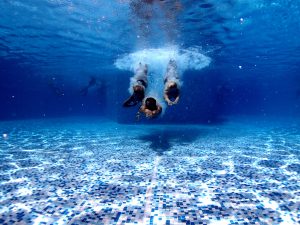
Photo by Jesper Stechmann on Unsplash
We begin step by step
You are part of a University that has a great swimming pool and facilities on campus. Olympic swimmer, Duncan Scott is just one of the many Olympians training in that same pool. No need to aim for the Olympics but you can definitely benefit from better physical condition and mental health if you swim.
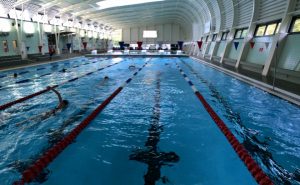
Swimmers Training. Photo by University of Stirling Triathlon Club
It is essential to make a plan so that when you get to the pool you don’t get bored and are motivated to complete what you committed to do. I decided to start swimming in the Stirling swimming pool, which is just minutes away from the library, after nearly 6 months of inactively. It is a great way to decompress after spending hours studying. First, I needed to improve my physical condition and breathing by following a less demanding plan. Here is my plan which you can follow thoroughly or modify. You will end up swimming half a kilometer in around one hour depending on your pace. I suggest to take breaks every 100 meters for 15 seconds and don’t forget to stretch before and after swimming.
Swimming Plan
300m legs (using a kick board)
200m easy freestyle
200m chest
250 first half hard and second half easy (kickboard)
200m backstroke
300m stoke of your choice
Now you can get inspired with this plan and play around with it. It is proven that if you do something three consecutive times it will then become a routine. Push yourself in the beginning and swimming will become part of your weekly activity. Here you can find information about opening and more specific details about the pool facilities. You can make use of the kick board the facilities offer.
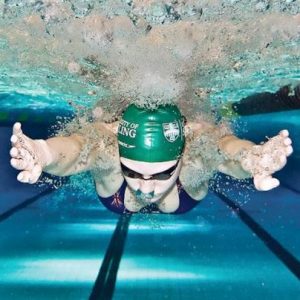
Swimmer working on her breast stroke. Photo by University of Stirling
Would you like to know how well you are swimming? I was excited to learn that the employees at the pool are happy to give you quick tips to improve your swimming. Don’t expect a whole lecture but it is nice to know they can help you out.
Spice it up
A struggle for some, me included, is to be able to swim for an hour without getting bored. Staring to the blue line under water can get boring but you can still manage to train effectively. I suggest getting a swimming partner who can keep push you to swim harder. If you like music you can get a water proof MP3 and play your favorites jams and to get inspiration. “Have fun, because that’s what life is all about” Ryan Lochte, competitive swimmer.

Photo by Mike Wilson on Unsplash
After creating a routine out of swimming, you can also explore other water sports.
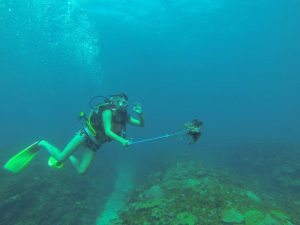
Me hunting a lion fish for dinner. Photo by Daniela Capuano
Scuba diving is something I really enjoy doing in the Caribbean Sea. The University offers Scuba Diving lessons by joining the Sub-Aqua Club, one-year membership provides you with the opportunity to get your diving license and allows you to dive with the club. Scotland is known for being an impressive to dive in Europe. You can see marine life and shipwrecks from World War I as the water is clear. If you become a certified scuba diver during the academic year, then by next summer you can plan a trip to beautiful diving locations such as Spain, Cyprus, Malta or maybe you can even treat yourself and go to the Caribbean. You can also try surfing by joining the Stirling University Surf Club. There are many water sports to explore after you master the swimming pool.
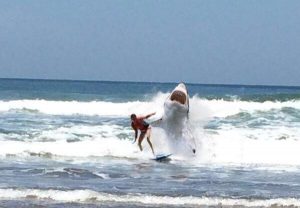
Me about to become dinner. Photo by Ana Solis
Give it a try, swim, have fun, enjoy the benefits and explore other water sports. Take advantage of the facilities and clubs the University provides.
“I think goals should never be easy, they should force you to work, even if they are uncomfortable at the time” Michael Phelps.
Check Out:
University of Stirling Swimming Club
Stirling University Sub-Aqua Club
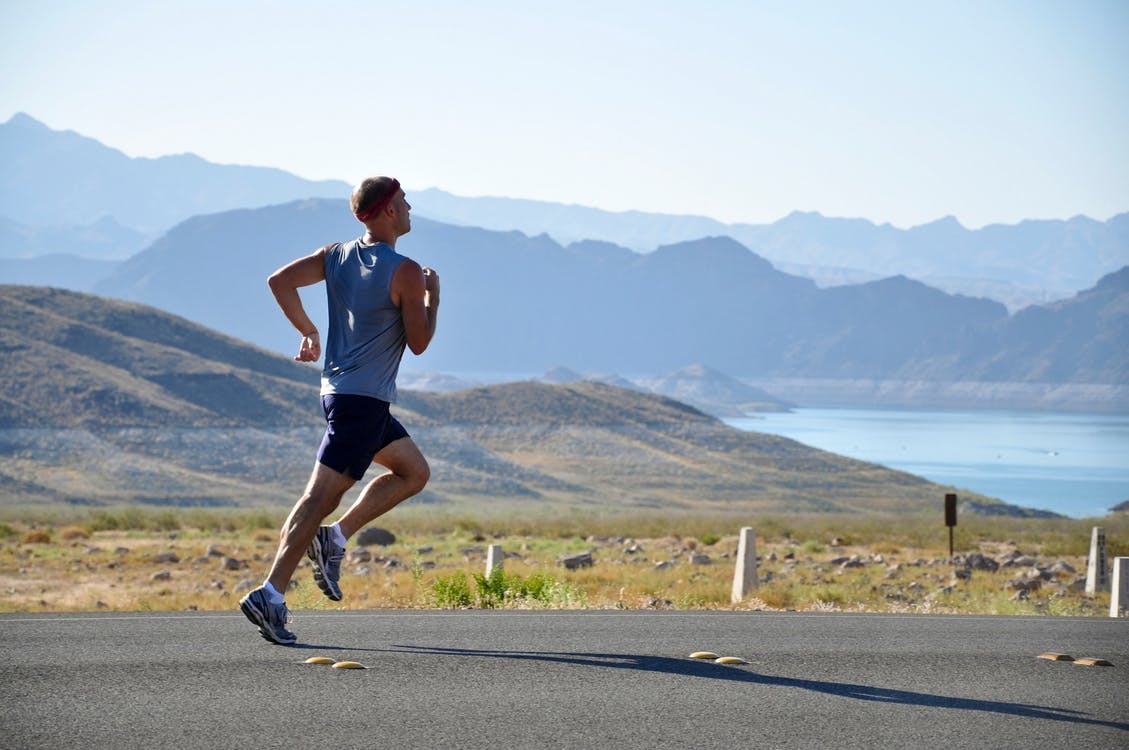
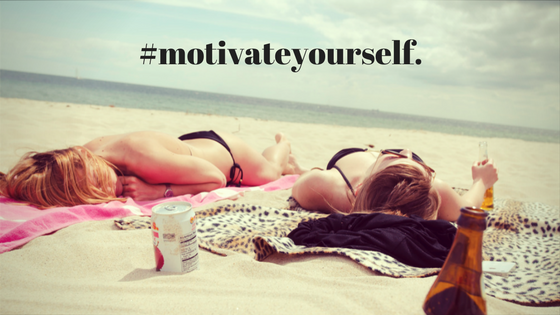

Recent Comments